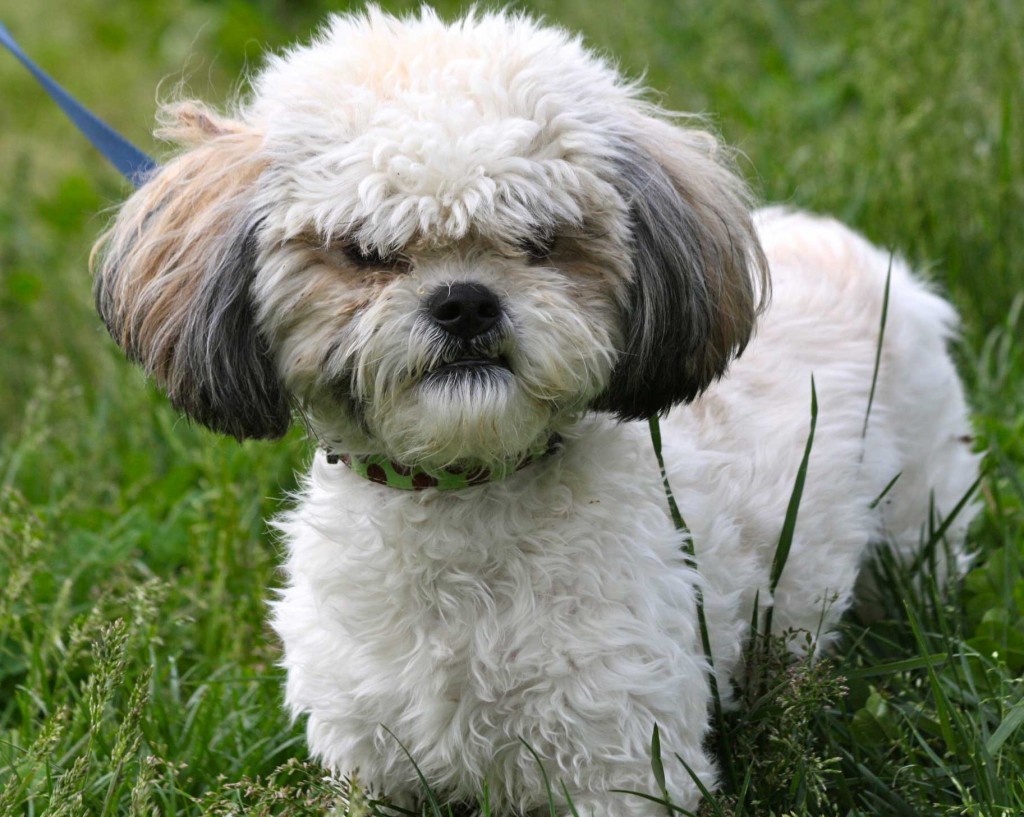Shih Tzu is not your typical hostile and violent dog. To start off, they are not guard dogs. These fluffy pooches are bred as gifts, and not as sentinels of the Chinese Imperial palace. For such reason, they are naturally spoiled and they expect you to pamper them with all the love and kisses. Although they are generally gentle and sweet, there are also some that can turn to aggressive beasts. If your Shih Tzu happens to belong to this rare antagonistic group, then you have to correct this behavior. Apart from being too hostile, aggressive dogs can also hurt themselves because they easily into fights – both with other dogs and even humans.
The formula in getting along an aggressive Shih Tzu is never ever use aggression against aggression. This will only exacerbate the situation. Understand that dogs use aggression to assert themselves and this is usually and “officially” done by the alpha dog who is also used to getting things his way. The trick is never make alpha Shih tzu become the alpha of your family because this is where hostility starts. Dogs should be allowed to be dogs and this fact is usually forgotten by many doting dog owners. Most probably due to their cuteness, we have a tendency to treat Shih tzu as our babies – as in human babies. This behavior confuses the dog’s perception of his purpose that leads to behavioral issues. Make your dog sleep on the floor. Train him how to sit, stand, and roll over. Do not hesitate to shout at him and assert yourself when he has done something wrong. And do not ever think that you will hurt your dog’s emotions by treating him like a dog. Also remember that Shih Tzu are normally stubborn and they are used to being independent. They like deciding for their own and most of them don’t necessarily need so much spoiling. This is the reason why owners should never feed a Shih tzu’s ego; because one this happens, your Shih tzu’s head can balloon like crazy and he will think that he is your master – treating you like his canine subordinate.



You must be logged in to post a comment.